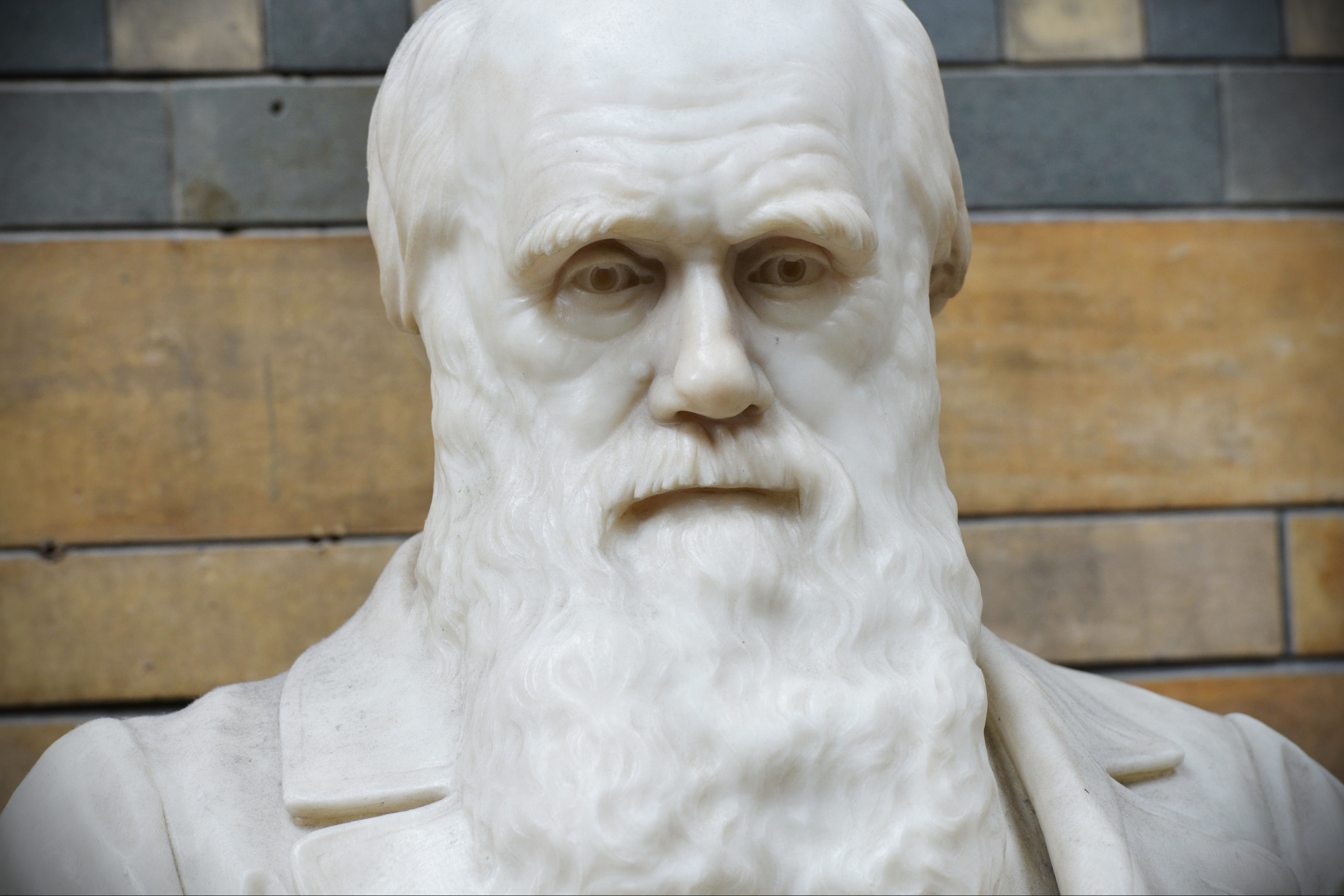Can You Teach Evolution Without Saying the Word? Arizona Is About to Find Out.

Evolution may soon have a severely diminished role in Arizona science classrooms if proposed changes to the state's educational standards are approved.
According to a report by Capitol Media Services published in the Arizona Daily Star, state Superintendent of Public Instruction Diane Douglas has proposed to largely eliminate mentions of the word "evolution" from the state's educational standards, instead replacing them with phrases like "change over time," "biological diversity" and "change in genetic composition."
The few explicit mentions of evolution left in the state code would acknowledge the process as a "theory," the Star reported.
"Evolution is a theory in many ways," Douglas told Capitol Media Services. "That's what our children should understand."
Evolution — the process by which heritable traits change in animal populations over successive generations — is a widely-accepted scientific fact backed by extensive fossil evidence. More than 98 percent of scientists agreed with the statment that humans evolved over time, according to a 2017 Pew Resarch Center survey, but it remains a controversial topic among many in the general public.
Changing the verbiage in Arizona's educational standards would not prohibit science educators from teaching evolution in public schools but could allow them to largely skip over it in their curriculum, or teach it as a "theory" alongside several other alternatives, including the religion-based theory of intelligent design, Capitol Media reported.
Other proposed changes to the educational standards would repeal mentions of the Big Bang theory and replace it with "theories related to the scale and expansion of the Universe," Capitol Media reported.
Sign up for the Live Science daily newsletter now
Get the world’s most fascinating discoveries delivered straight to your inbox.
Most states set educational standards to set benchmarks for what students should learn at various points in their education. These standards can affect everything from teachers' lesson plans to what kinds of textbooks are available to students to the standardized tests students are able to receive, Ars Technica reported.
School attendance is compulsory for students between the ages of 6 and 16 in Arizona, and more than 1,000,000 students are enrolled in the state's public schools, according to BallotPedia.
Arizona residents can submit their comments on the changes via an online form until the public comment period closes on May 28.

Brandon is the space/physics editor at Live Science. His writing has appeared in The Washington Post, Reader's Digest, CBS.com, the Richard Dawkins Foundation website and other outlets. He holds a bachelor's degree in creative writing from the University of Arizona, with minors in journalism and media arts. He enjoys writing most about space, geoscience and the mysteries of the universe.










